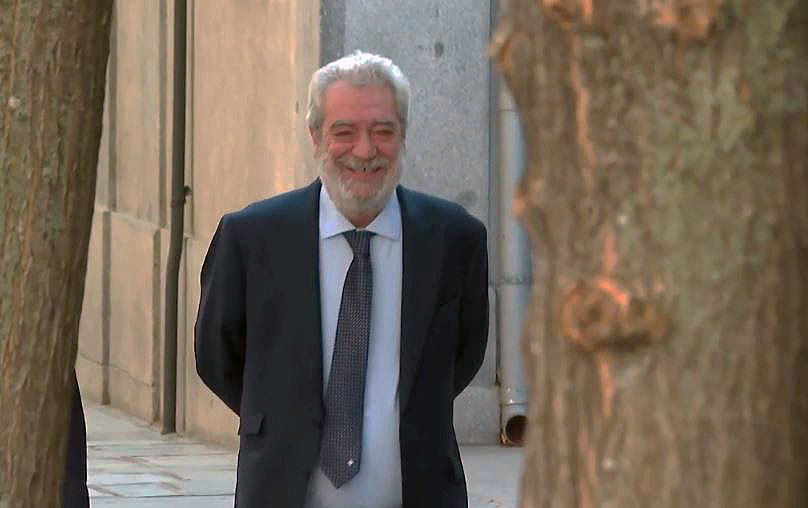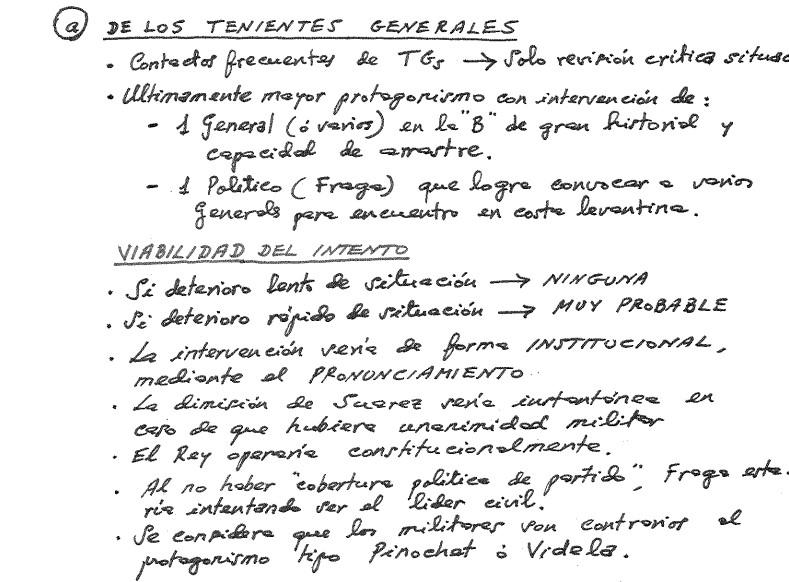EVALUAR PARA MEJORAR.
La evaluación de todas las actividades y proyectos que llevamos a cabo se configura como uno de los recursos más importantes para la mejora, pues aporta la información necesaria para la toma de decisiones, identifica los riesgos más importantes que nos acechan, aumenta el grado de organización conjunta y reduce los costes.
La importancia y el momento de realizar la evaluación depende de las políticas de calidad y expectativas de mejora, así como del compromiso de la organización con sus grupos de interés. Así pues, la identificación, cuantificación y valoración de los costes y beneficios, principalmente de estos últimos, sirven de base para decidir de forma adecuada.
El desarrollo de la evaluación en el tiempo nos permite conseguir una serie de indicadores de máxima eficacia. Así, si se tiene en cuenta el momento de materializarla nos encontramos con:
- Evaluación inicial: se efectúa antes de ejecutar cualquier acción y ayuda a determinar su viabilidad, eficacia y pertinencia, lo cual puede originar cambios en las planificaciones previamente establecidas.
- Evaluación continua: se lleva a cabo durante el desarrollo de la actividad o proyecto y es equivalente al monitoreo o seguimiento de los objetivos propuestos determinando si se hace necesario algún cambio que mejore la ejecución de las tareas.
- Evaluación final: en la que se determina el grado de cumplimiento de los objetivos propuestos en la fase de planificación, indagando en los aspectos positivos y negativos al final de la actividad o desarrollo de proyecto.
- Evaluación de impacto: se realiza pasado un tiempo desde la ejecución del proyecto o implantación de las actividades y tiene por objetivo conocer los cambios, tanto positivos como negativos, que ha habido con posterioridad. Este tipo de evaluación necesita de plazos importantes para su desarrollo.
Sin evaluación y análisis no podremos saber en qué lugar nos encontramos, ni adonde nos dirigimos.
“No hay nada tan inútil como hacer con gran eficiencia algo que no debería haberse hecho en absoluto”. (Peter Drucker)
EVALUATE TO IMPROVE.
The evaluation of all the activities and projects we carry out is one of the most important resources for improvement, as it provides the necessary information for decision-making, identifies the most important risks that threaten us, increases the degree of organization jointly and reduces costs.
The importance and timing of the evaluation depends on the quality policies and expectations for improvement, as well as the commitment of the organization with its stakeholders. Thus, the identification, quantification and valuation of costs and benefits, mainly of the latter, serve as a basis for deciding adequately.
The development of the evaluation over time allows us to achieve a series of maximum effectiveness indicators. Thus, if we take into account the moment of materializing it, we find:
- Initial evaluation: it is carried out before executing any action and helps to determine its feasibility, effectiveness and pertinence, which may originate changes in the previously established plans.
- Continuous evaluation: it is carried out during the development of the activity or project and is equivalent to the monitoring or monitoring of the proposed objectives, determining if a change is necessary that improves the execution of the tasks.
- Final evaluation: in which the degree of compliance with the objectives proposed in the planning phase is determined, inquiring into the positive and negative aspects at the end of the activity or project development.
- Impact evaluation: it is done after a while from the execution of the project or implementation of the activities and aims to know the changes, both positive and negative, that have occurred subsequently. This type of evaluation needs important deadlines for its development.
Without evaluation and analysis, we cannot know where we are, or where we are going.
“There is nothing so useless as doing something very efficiently that should not have been done at all”. (Peter Drucker)
Antonio González Losa
— oOo —





















